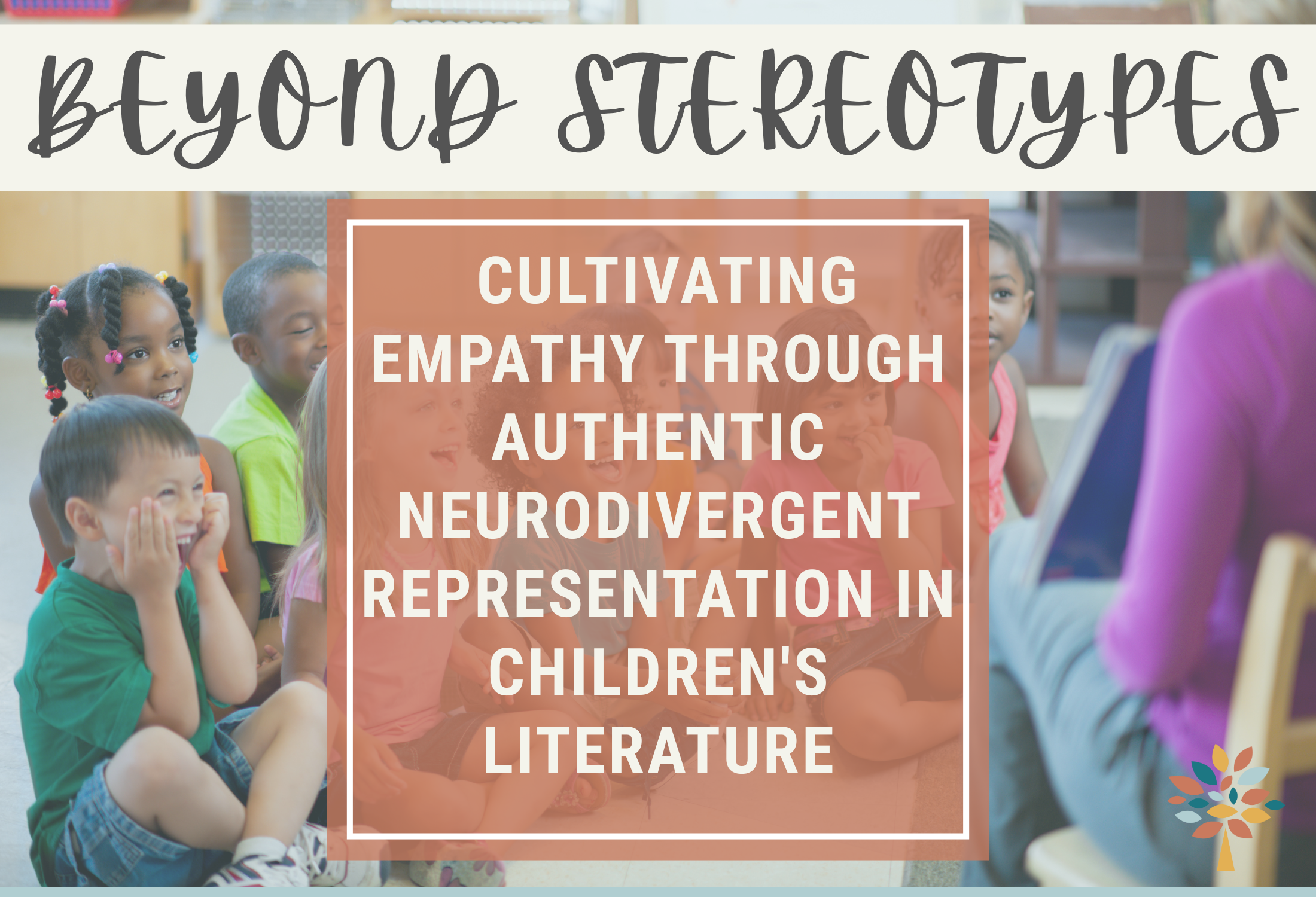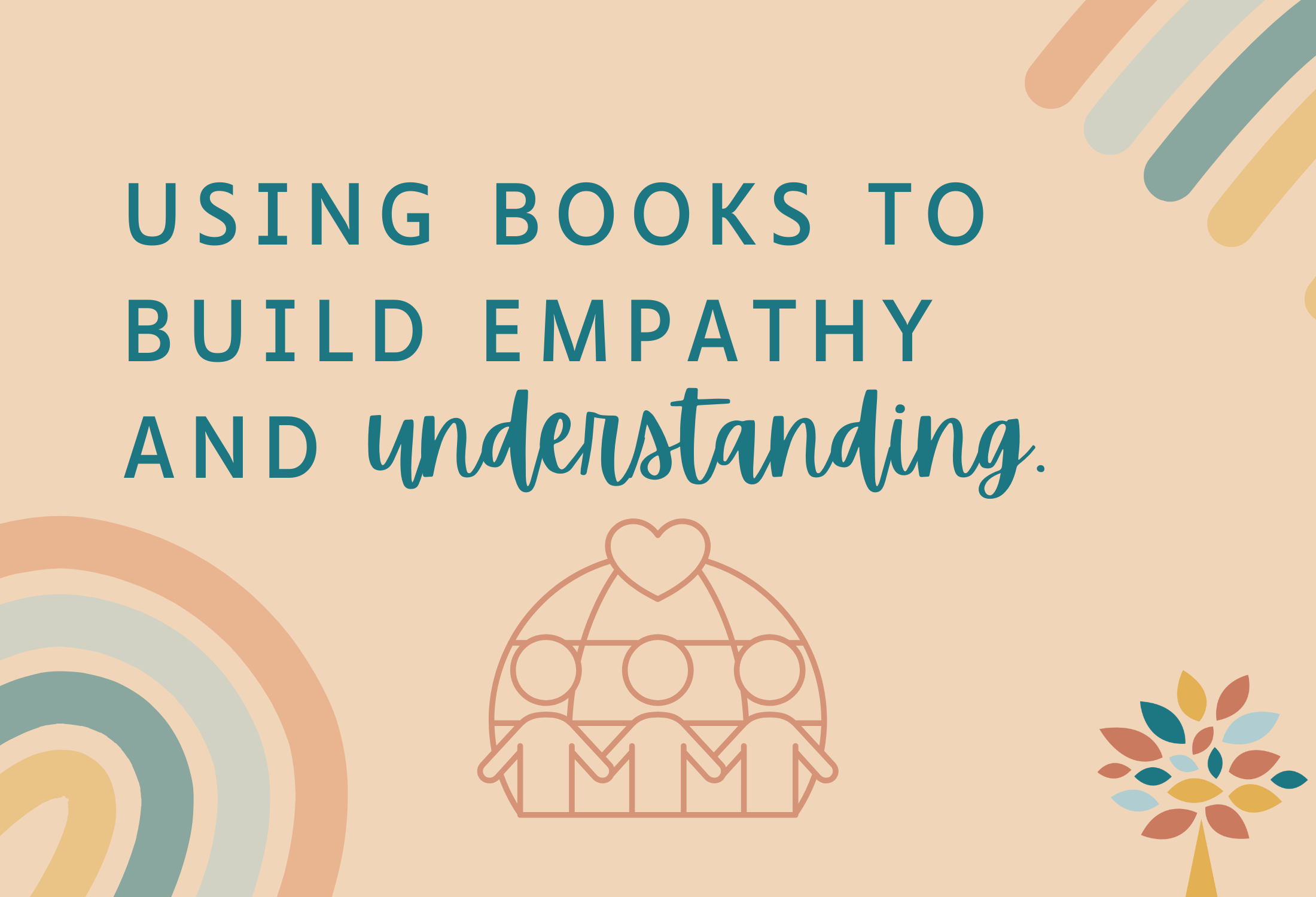Neurodivergent Characters in Books: Why Representation Matters
In recent years, the literary world has made significant progress towards embracing diversity—not only in terms of race, gender, or sexuality, but also in how we think, learn, and experience the world. One key area of this growing inclusivity is the increased representation of neurodivergent characters in books.
What Does “Neurodivergent” Mean?
The term neurodivergent is a broad, non-medical umbrella term used to describe people who process, learn, and interact with the world in ways that differ from what is considered "neurotypical." According to dictionary.com, neurodivergent means to differ in mental or neurological function from what is considered typical or normal. This variation includes, and is most commonly associated with diagnosed conditions such as autism and ADHD (attention deficit hyperactivity disorder.)
Rather than framing these differences as deficits, the neurodiversity movement promotes the idea that neurological differences are natural variations of the human experience. These unique ways of thinking and being can offer valuable perspectives and strengths that deserve to be celebrated.
Why Representation Matters
Books are so powerful! They have the power to build empathy, break down stereotypes, and help readers see the world through someone else’s eyes. For neurodivergent readers, seeing characters who think and experience the world like they do can be incredibly validating. For neurotypical readers, it’s an opportunity to better understand and appreciate the diverse ways people experience life.
However, it is important that representation is done thoughtfully. If not done carefully, harmful stereotypes can unfortunately do more damage than good. That’s why it’s so important to lift up stories that center authentic, respectful portrayals—especially those written by neurodivergent authors themselves. The great news is that there are actually a lot to pick from these days! Regardless of the age or reading level, there are books with neurodivergent characters. Today there are many books geared towards toddlers, young readers, teens and adults.
In addition to the many incredible books featuring neurodivergent characters, I’m excited to share one of my own—A Latte Dates, a short and sweet neurodivergent romance novel. Inspired by my personal experiences, including raising two amazing neurodivergent kids, this story is close to my heart. You can learn more about it later in the post, and if it sounds like your kind of read, just sign up here and I’ll send you a free copy!
Memorable Neurodivergent Characters in Literature
Here are just a few examples of neurodivergent characters in books whose stories highlight the rich diversity of neurodivergent experiences:
Eleanor Oliphant in Eleanor Oliphant Is Completely Fine by Gail Honeyman One of my personal favorites! Eleanor is a solitary, routine-driven woman who struggles with social connection, emotional expression, and unhealed trauma. While the book doesn't give her a formal diagnosis, many readers and reviewers have connected Eleanor’s behavior to traits of autism, PTSD, or other forms of neurodivergence. Her journey toward healing, connection, and self-discovery is both poignant and deeply human, showing how internal battles aren’t always visible.
Christopher Boone in The Curious Incident of the Dog in the Night-Time by Mark Haddon
This widely known book follows Christopher, a 15-year-old boy who is mathematically gifted and struggles with social interactions. While not labeled in the book, Christopher is often interpreted as being on the autism spectrum. The story is told through his perspective, offering readers a direct experience of his logic, emotions, and sensory world..Don Tillman in The Rosie Project by Graeme Simsion
Don is a brilliant genetics professor who approaches life with structure and reason. His journey toward love and connection sheds a humorous and heartfelt light on neurodivergent thinking. Though he’s not officially diagnosed in the book, many readers interpret Don as being on the spectrum.Kiera in Slay by Brittney Morris
While not the main focus of the story, Kiera's sister Steph is a neurodivergent character who is written with care and depth. This book also shows how supporting characters can also contribute to meaningful representation.Izzy Wilde in Get a Grip, Vivy Cohen! by Sarah Kapit
A middle-grade novel told in letters between Vivy, an 11-year-old autistic girl, and her baseball hero. Written by an autistic author, the book authentically captures Vivy’s challenges, triumphs, and voice.
Children's Books with Neurodivergent Characters
Introducing neurodiversity through children's literature is one of the best ways to create early foundations of empathy and inclusion. These books provide great opportunities for parents to address these valuable messages with their children. Here are some fantastic picture books to explore:
All My Stripes: A Story for Children with Autism by Shaina Rudolph & Danielle Royer
My Brother Charlie by Holly Robinson Peete & Ryan Elizabeth Peete
My Brother Otto by Meg Raby
A Friend for Henry by Jenn Bailey
Nathan's Autism Spectrum Superpowers by Lori Leigh Yarborough
I See Things Differently: A First Look at Autism by Pat Thomas
Uniquely Wired: A Story About Autism and Its Gifts by Julia Cook
Just Ask!: Be Different, Be Brave, Be You by Sonia Sotomayor
These stories are wonderful tools for building empathy, understanding, and inclusion. They are great stories for any and all children to read.
Meet Hattie: A Neurodivergent Lead in A Latte Dates
If you're looking for a fresh take on romance with a neurodivergent main character, I’d love for you to check out my new book, A Latte Dates. This short novel follows Hattie, a routine-loving, neurodivergent teacher who dips her toes into the unpredictable world of online dating. When she meets Asher, a surprising spark leads her into some unfamiliar emotions. It’s a heartwarming story about love, self-advocacy, and staying true to yourself in the midst of change.
Want to read it for free? Sign up with your email, and I’ll send you a copy!
How to Support Neurodivergent Representation
Want to be part of the change? Here are a few easy ways to support better neurodivergent representation in books:
Read and recommend books by neurodivergent authors.
Ask questions about the media you consume. Is the portrayal respectful? Does it challenge or reinforce stereotypes?
Share these stories. Amplifying authentic voices expands what gets published, read, and celebrated.
Include diverse books in schools, libraries, and clubs. The earlier kids are introduced to neurodivergent characters, the more inclusive their worldview becomes.
Final Thoughts
Neurodivergent characters in books aren’t just important—they’re essential. These stories reflect the full spectrum of human experience, offering comfort, clarity, and connection to readers who may otherwise feel unseen. They also challenge readers to widen their lens and embrace the beautiful complexity of different minds. When stories embrace neurodiversity, everyone wins.



